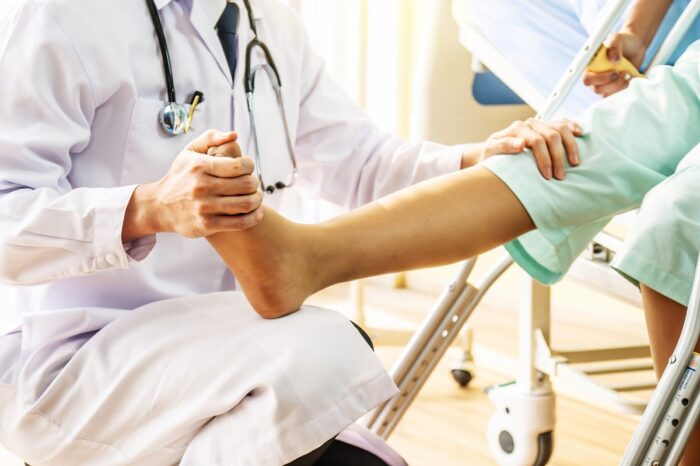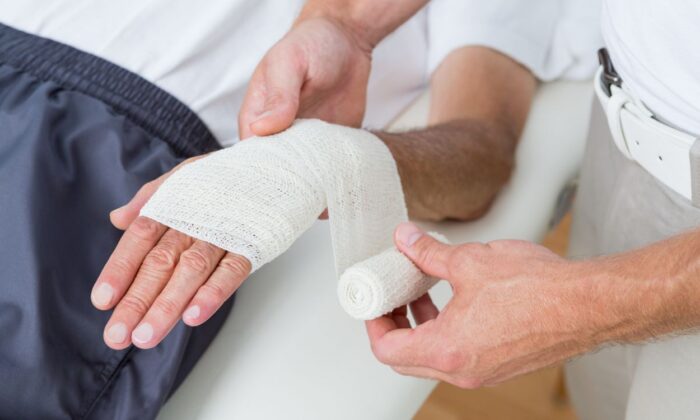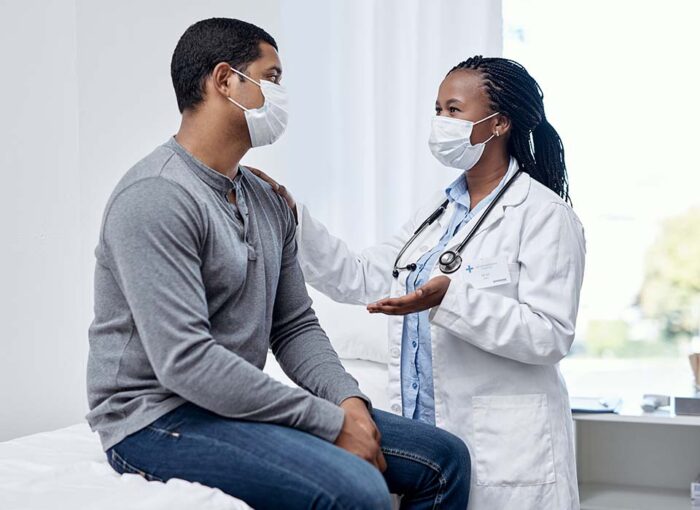
Orthopaedic emergency care, also known as orthopedic emergency treatment, plays a critical role in providing immediate medical attention for orthopaedic injuries. Whether it’s a fracture, dislocation, or sprain, emergency orthopaedic care is essential for addressing the urgent medical needs of patients. In cases of orthopaedic trauma, prompt and effective care can significantly impact the overall outcome and recovery process.
Recognizing Orthopaedic Emergencies

Common Injuries
Orthopaedic emergencies encompass a range of common injuries that necessitate immediate attention. These include fractures, which are breaks in the bone structure, dislocations, where the bones are forced out of their normal position, and sprains, involving the overstretching or tearing of ligaments. Recognizing these injuries promptly is crucial for initiating timely and appropriate treatment to prevent further complications.
Impact on Different Age Groups
The impact of orthopaedic emergencies can vary significantly across different age groups. Children may experience growth plate injuries, while adults are more prone to fractures due to falls or sports-related activities. On the other hand, elderly individuals often face a higher risk of hip fractures and joint dislocations. Understanding these age-specific implications is vital for tailoring effective care and ensuring optimal outcomes for patients in orthopaedic emergency situations.
Addressing Orthopaedic Emergencies

First Aid Techniques
- When faced with orthopaedic emergencies, knowing the appropriate first aid techniques can make a significant difference in the outcome. Applying immediate first aid, such as stabilizing a fracture or immobilizing a dislocated joint, can help alleviate pain and prevent further damage. It is crucial to have a basic understanding of these techniques to provide initial care effectively.
Importance of Immediate Medical Care
- Seeking immediate medical care is paramount for addressing orthopaedic emergencies comprehensively. Healthcare professionals are equipped to conduct thorough evaluations, including diagnostic imaging and specialized tests, to accurately assess the extent of the injury. Without prompt medical treatment, complications may arise, leading to prolonged discomfort and potential long-term implications.
In urgent situations like these, every moment counts. Therefore, it is imperative to recognize the significance of seeking immediate medical care for timely intervention and optimal recovery.
Seeking Medical Care

Seeking timely medical care for orthopaedic emergencies is crucial to mitigate potential long-term health implications and ensure comprehensive treatment.
Long-Term Health Implications
- Orthopaedic emergencies, if left untreated or not managed effectively, can result in lasting effects on an individual’s health and mobility. Untreated fractures or dislocations may lead to chronic pain, restricted movement, and even permanent disability. Understanding the potential long-term implications of orthopaedic injuries is essential for providing holistic medical care that addresses both immediate and future health concerns.
Challenges in Providing Orthopaedic Emergency Care
Healthcare providers encounter various challenges in delivering effective orthopaedic emergency care. These may include limited access to specialized orthopaedic facilities, especially in rural or remote areas, as well as the need for advanced diagnostic tools to accurately assess complex injuries. Additionally, coordinating multidisciplinary care involving orthopaedic surgeons, physical therapists, and other specialists can present logistical challenges. Addressing these hurdles is critical for enhancing the quality of emergency care services and ensuring optimal patient outcomes.
By recognizing the long-term implications of orthopaedic emergencies and addressing the challenges in providing emergency care, healthcare professionals can work towards improving the overall management of orthopaedic injuries.
Preventive Measures and Community Support

Orthopaedic Emergency Care During Natural Disasters
In the wake of natural disasters such as earthquakes, hurricanes, or floods, the incidence of orthopaedic emergencies can spike significantly. These catastrophic events often result in traumatic injuries, including fractures, crush injuries, and musculoskeletal trauma due to building collapses or falling debris. The surge in orthopaedic emergencies during such times necessitates specialized care and resources to address the immediate medical needs of those affected.
Public healthcare systems and local emergency response teams play a crucial role in mobilizing resources and personnel to provide timely orthopaedic emergency care during natural disasters. Rapid deployment of medical teams, field hospitals, and essential orthopaedic supplies becomes imperative to ensure that individuals with orthopaedic injuries receive prompt attention and treatment amidst the chaos and devastation caused by the disaster.
Significance of Community Support
Community involvement and support are integral components in establishing a responsive network for effective orthopaedic emergency care during natural disasters. Raising awareness about disaster preparedness, basic first aid training, and promoting community resilience are vital aspects of community support initiatives. By educating the public about injury prevention measures and equipping them with essential skills to respond to orthopaedic emergencies, communities can contribute significantly to reducing the impact of natural disasters on public health.
Furthermore, fostering collaboration between local authorities, healthcare organizations, non-governmental organizations (NGOs), and community groups strengthens the overall capacity to manage orthopaedic emergencies during natural disasters. Building partnerships that facilitate coordinated responses and resource allocation enhances the collective ability to address the surge in orthopaedic injuries effectively.
Orthopaedic Emergency Care

Orthopaedic emergency care is a critical component of addressing immediate medical needs for orthopaedic injuries, encompassing a range of essential interventions to ensure optimal outcomes. Whether it’s providing first aid for fractures or coordinating multidisciplinary care, emergency orthopaedic treatment plays a pivotal role in managing traumatic musculoskeletal injuries effectively.
In the face of natural disasters, the surge in orthopaedic emergencies necessitates specialized care and resources to address the immediate medical needs of those affected. Community involvement and support are integral in establishing a responsive network for effective orthopaedic emergency care during such challenging times. By raising awareness about disaster preparedness and promoting community resilience, communities can significantly contribute to reducing the impact of natural disasters on public health.






